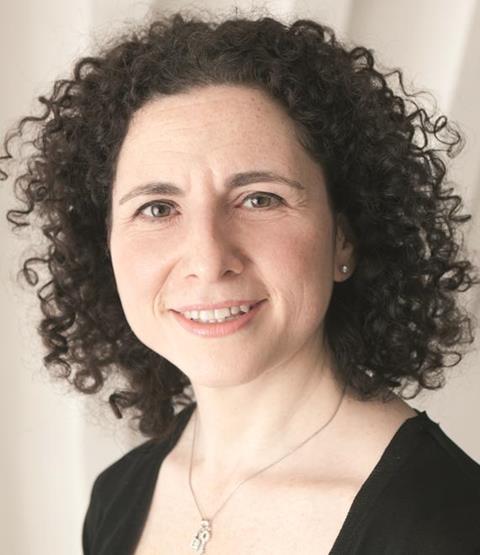Ariane Todes comes by some top violin teaching transport analogies

Lunch in Indianapolis yesterday was with the great pedagogue Boris Kuschnir – teacher of Nikolaj Znaider and Julian Rachlin. Fellow diners may have been puzzled as the whole table tried out the professor’s advice, most of which was based on transportation.
Bow changes: when a car stops, the passengers' bodies don’t just stop where they are – they keep moving forward a bit with the momentum. Likewise the fingers should keep going in the same direction when the bow changes direction.
Bow hold: similarly, when a plane lands, the wheels absorb the energy and the plane effectively bounces slightly. So the right-hand knuckles have to ‘collapse’ a bit rather than remaining rigid (as we all practised on the side of the table).
Left-hand elbow position: when you hold on to the rail on the subway, your elbow hangs down naturally and freely, not at an angle and tensed.
Later on Kuschnir (also second violinist in the Kopelman Quartet) told us Tibor Varga’s description of a string quartet. A string quartet is like a bottle of wine: the cello player represents the bottle itself; the first violinist the label at the front; the viola player the label on the back. But the wine itself? That’s the second violinist.
Before the evening’s final round I was part of a discussion about the nature of the critic’s response to competitions. Although I bridle at the word ‘critic’ I talked about a few of the things I look for and I want to write about when I report on competitions for the magazine. I admitted along the way that this is a very fluid process. I learn more about violin playing every time I speak to someone such as Kuschnir, or I follow a competition, or hear a great player, and would never dream of thinking that anything I say is objectively ‘correct’. This seemed to rile one audience member – a scientist – who questioned what the point is of competitions if even jury members can’t agree on who is ‘best’.
It’s a valid point. Usually, if there’s a player who is very obviously special and deserving of support in their career, the jury will pick them. Sometimes they don’t and there will be significant grumbling among pundits and audiences alike.
But music is not science. There are far too many variables for it to even appear to be. (And there's a whole argument to be had about whether science itself is even objective.) Everyone has their own way of hearing and has their own set of knowledge that informs their choices. This doesn’t negate the point of competitions, though. They have to be taken as just a part of a process in the evolution of young players and of musical life.
In the evening we heard the second round of the Classical finals, with more fine performances of Mozart and Haydn. More tonight with the Romantic finals.








































No comments yet